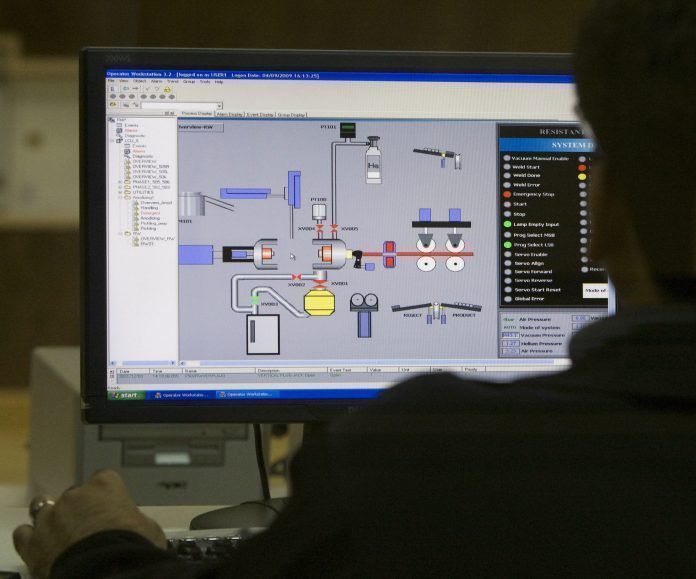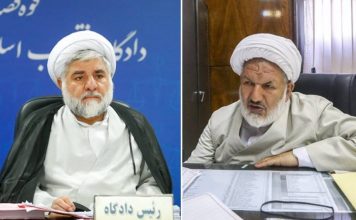
By Francois Murphy
VIENNA, Feb 26 (Reuters) – Iran‘s stock of uranium enriched to near weapons-grade has shrunk, bringing it below the theoretical threshold at which it could produce three atom bombs, but problems with inspectors persist, reports by the U.N. nuclear watchdog said on Monday.
Although the International Atomic Energy Agency has said Iran‘s enrichment of uranium to up to 60% continues apace, Iran diluted more than it produced in the past three months, one of the two confidential quarterly reports to member states said.
The IAEA reports did not give a reason for the so-called downblending of 31.8 kg of material enriched to up to 60%, after which the stock fell by an estimated 6.8 kg since the last such quarterly reports to 121.5 kg.
“At the beginning of the year they decided to do a downblending … A couple of weeks later they did another downblending, this time with a smaller amount,” a senior diplomat said when asked about the reports seen by Reuters, adding that it was not clear why Iran had done it.
“Maybe they don’t want to increase tensions (with the West). Maybe they have an agreement with somebody. We don’t know.”
EXCLUSIVE- Atomic Watchdog Chief Says Iran’s Nuclear Enrichment Activity Remains High
At the end of last year Iran had enough uranium enriched to up to 60% purity – close to the roughly 90% of weapons-grade – to potentially, if enriched further, produce three nuclear bombs, according to the IAEA’s theoretical definition.
It also has stocks of uranium enriched to lower levels with which it could, if it wanted to, produce enough fuel for more bombs. Iran denies having any such intention. Western powers say there is no civilian justification for such high enrichment.
Iran slowed its enrichment of uranium to up to 60% purity last year in what diplomats said was probably the result of secret talks between Washington and Tehran that led to the release of U.S. citizens held in Iran.
In November, however, Iran ended that slowdown and returned to its pre-slowdown production rate of around 9 kg a month from the slowdown rate of 3 kg, an IAEA report in December showed.
IAEA chief Rafael Grossi told Reuters last week the rate had slowed slightly since the end of last year to around 7 kg a month. The senior diplomat said, however, that Grossi was using an average over months and the current rate was 9 kg a month.
The secret talks have ended and there is little hope of reviving them with the Israel-Gaza conflict raging, diplomats have said. There is also little sign the United States and its allies are prepared to take action like pushing for a resolution against Iran at the IAEA’s Board of Governors meeting next week.
The reports said Iran has failed to provide the necessary cooperation on various pressing issues, such as the so-called de-designation of some inspectors that has drastically reduced the expertise on uranium enrichment the IAEA can deploy in Iran.
“The Director General (Grossi) deeply regrets that Iran has yet to reverse its decision to withdraw the designations for these inspectors. This is essential to fully allow the Agency to conduct its verification activities in Iran effectively,” one of the reports said.
(Reporting by Francois Murphy; editing by Christina Fincher and David Evans)



























































